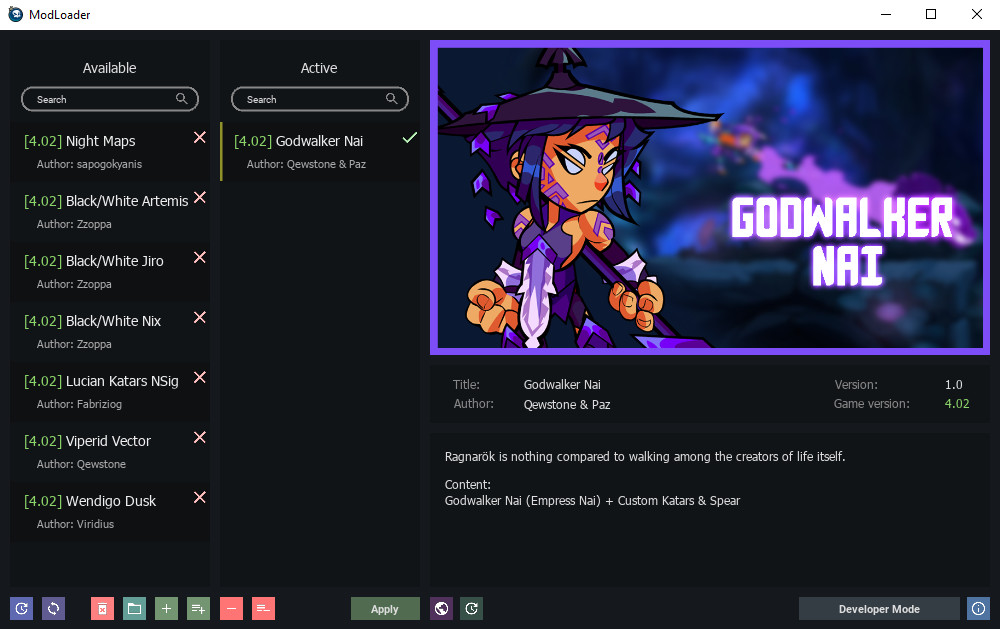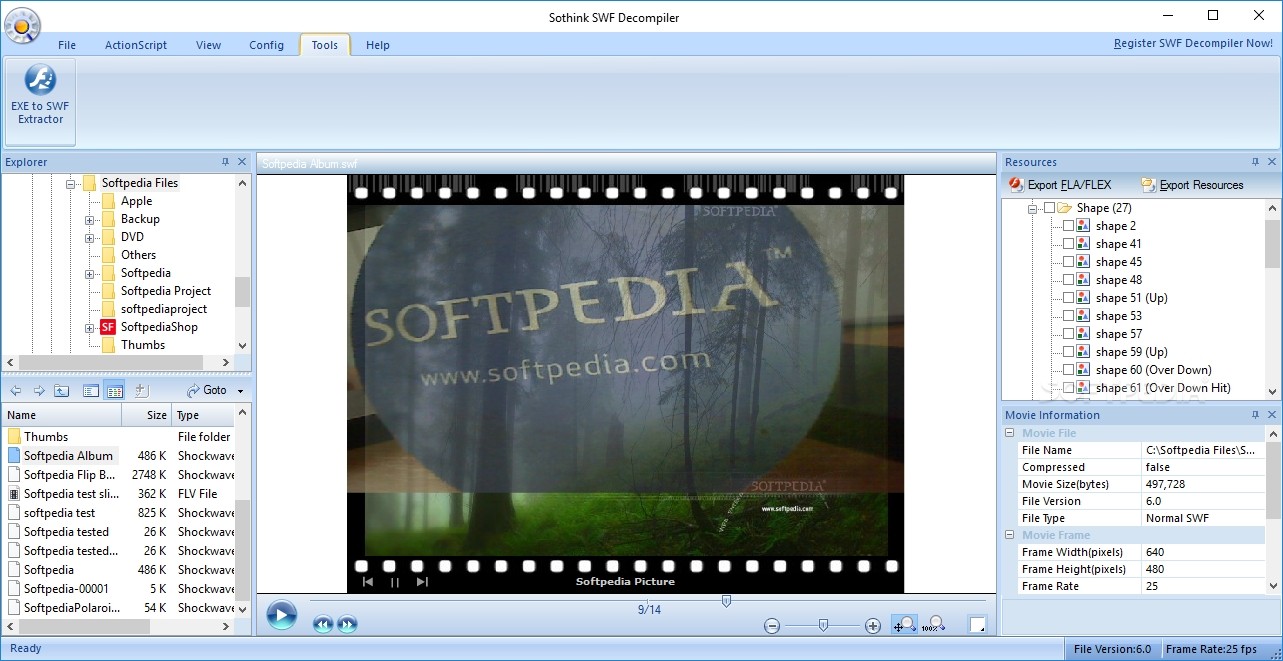

- #Jpexs free flash decompiler doesnt work with big files how to#
- #Jpexs free flash decompiler doesnt work with big files update#
- #Jpexs free flash decompiler doesnt work with big files software#
- #Jpexs free flash decompiler doesnt work with big files code#
- #Jpexs free flash decompiler doesnt work with big files zip#
Let’s take a look at some options… Choosing what to do with legacy Flash eLearning content: 5 options So, what can you do to salvage your legacy Flash eLearning content? The answer depends on what your content is, what tools you have at your disposal, and what your learners need to get out of the content. This will prevent them from getting the information and learning they need and give your team a headache. Your organisation’s learners will be met with broken links and error pages instead of useful training content.
#Jpexs free flash decompiler doesnt work with big files update#
Simply put, if you don’t update your existing Flash content to a newer standard, the content will no longer work. As there is so much Flash content out there in the world, you’d be forgiven for assuming that Adobe would provide a replacement to make sure this Flash content will still work after 2020.
#Jpexs free flash decompiler doesnt work with big files software#
This is usually older, legacy content that was created before Flash started to get outpaced by other software platforms. What is replacing Flash?ĭespite its drawbacks, you likely have a lot of Flash content dotted around your organisation. With Flash usage in websites down to 5.3% in January 2018 it’s no wonder that Adobe is finally pulling the plug on Flash at the end of 2020.
#Jpexs free flash decompiler doesnt work with big files how to#
This page has all you need to know to on how to rapidly republish or recreate your courses to adapt to the imminent end of Flash at the end of 2020. You can rename this to to our comprehensive guide to handling legacy Flash eLearning content. Now the output file 00000000.cws can be opened in JPEXS.
#Jpexs free flash decompiler doesnt work with big files zip#
| zip -> unzip size / offset | spaces before | info | Alternatively just hold shift and right-click the Offzip folder then choose "open command window here". Now open command line by running cmd.exe. Copy Offzip.exe into a folder like c:\offzip\. Using OffZip (for Windows OS) you can decompress the SWF. Use fileReference API to save AS3 bytes to disk. The bytes in swfBytes now can be saved as a file new.swf and this will open correctly in JPEXS. Trace("swfBytes length (DEFLATED) : " + swfBytes.length) //is 8,617,377 bytes? SwfBytes = zlibdecomp.uncompress( fileBytes ) //update with decompress version Zlibdecomp = new Zlib //create new ZLIB instance in variable Public var swfBytes :ByteArray = new ByteArray įileBytes =. Public var fileBytes :ByteArray = new ByteArray Public var zlibdecomp :Zlib //create instance variable
#Jpexs free flash decompiler doesnt work with big files code#
Try this code logic: import Zlib //do import of API Load (or read) your SWF file's bytes into an AS3 bytearray called fileBytes.

(Find folder at: src/com/wirelust/as3zlib/).

Get the library AS3ZLib and copy its as3zlib folder to same place as your Flash project. One is by AS3 code and the other is by external (Windows) tool. Those first two bytes 78 DA means it has some ZLib compression ( eg: like (the last three bytes are the expected 43 57 53 of a normal SWF). Your file begins with 78 DA 00 43 40 BC BF 43 57 53 Usually a SWF file begins with bytes 43 57 53 ( eg: "CWS") or even bytes 46 57 53 ( eg: "FWS"). The first thing you should do when a file ( eg: swf, jpeg, mp3, mp4) does not open in any program, is to check if the format bytes are correct by using a hex editor. The SWF is not opening with JPEXS because it is compressed!!.


 0 kommentar(er)
0 kommentar(er)
